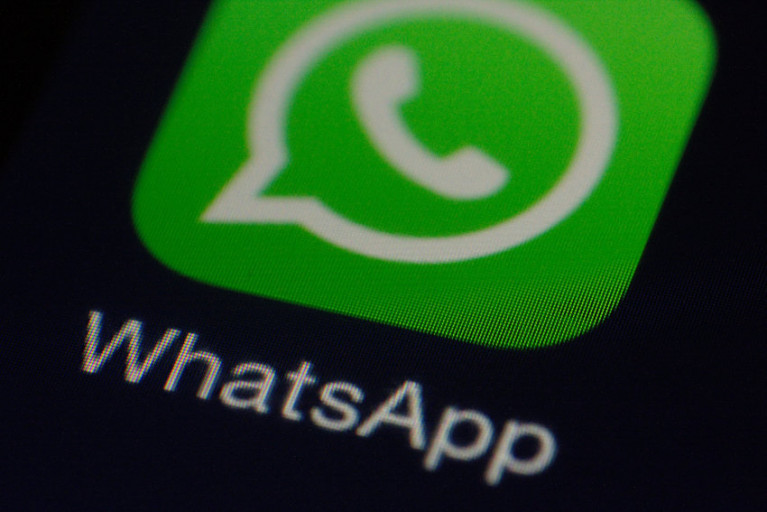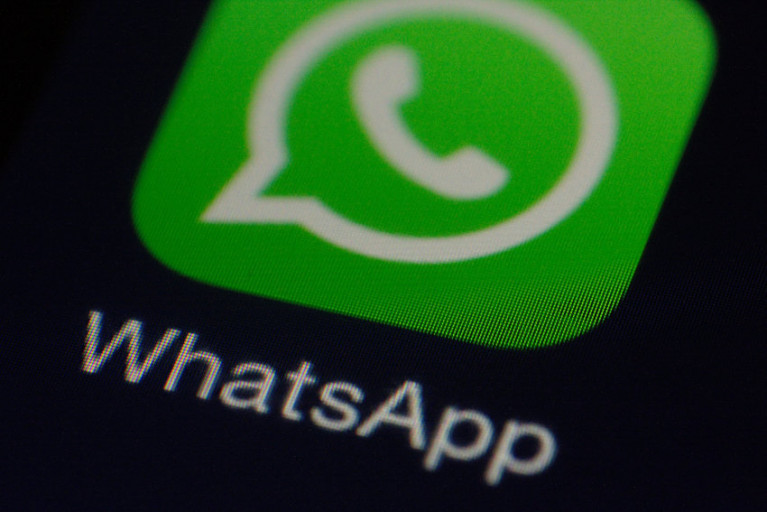Displaying items by tag: GDPR
Irish Sailing Issues Guidance On WhatsApp Use By Members
Irish Sailing has published guidance on the use of WhatsApp by its members following recent concerns over GDPR issues.
As reported last week on Afloat.ie, privacy concerns prompted a call for Irish sports clubs to stop using WhatsApp for group chats — with experts in the field suggesting the popular smartphone messaging service “does not comply” with GDPR rules for official communications.
The governing body for sailing in Ireland says: “Similarly to the GAA, Irish Sailing is a data controller. We oversee all clubs that process information on membership and must ensure that this is compliant with legislation.”
Irish Sailing’s WhatsApp guidance can be downloaded as a Word document HERE.
Sports Clubs Urged To Drop WhatsApp Over GDPR Issues
Privacy concerns have prompted a call for Irish sports clubs to stop using WhatsApp for group chats, as The Irish Times reports.
Experts in the field have suggested that the popular smartphone messaging service, which is owned by Facebook, “does not comply” with the General Data Protection Regulation (GDPR) when used by professional and community organisations.
It’s claimed that the use of the platform by sports clubs, as well as political parties and voluntary organisations, may breach requirements “around the fair and transparent and lawful processing of data, as well as the security, integrity and confidentiality principal in the GDPR”.
The news comes after it emerged the GAA warned its member clubs as early as 2018 that use of WhatsApp risks breaking GDPR, and encouraged them to institute their own managed communications set-ups.
The Irish Times has much more on the story HERE.






























































